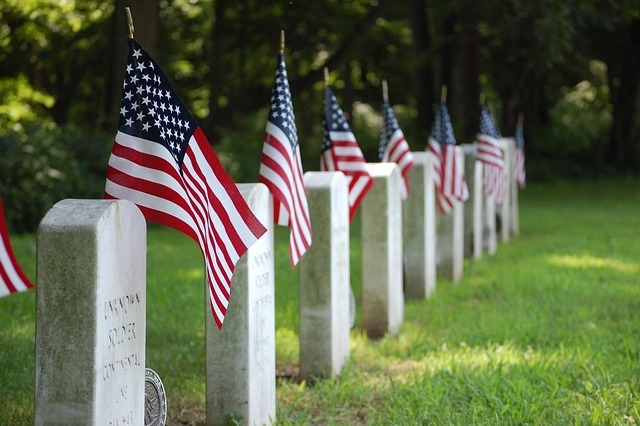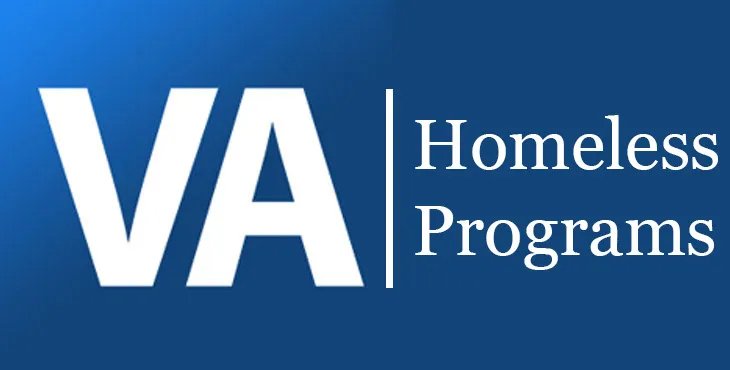Veterans’ Other-Than-Honorable Discharge Lawsuit

Veterans’ Other-Than-Honorable Discharge Lawsuit
The wars in Iraq and Afghanistan have caused a drastic increase in Post Traumatic Stress Disorder (PTSD) and other mental health conditions within the military community. However, not all veterans get the help they desperately need due to the status of their discharge from the service.
VA Benefits Limited by Discharge
Since September 11, 2001, the Army discharged over 150,000 soldiers with less-than-honorable discharges. These can include:
- General Discharge
- Other Than Honorable Discharge
- Bad Conduct Discharge
- Dishonorable Discharge
- Entry-Level Separation
- Medical Separation
- Separation for Convenience of the Government
Some of these discharges are worse than others, but not all of them are bad. However, a history of misconduct leads to either Dishonorable, Bad Conduct, or Other Than Honorable discharges.
Most veterans that receive a negative discharge no longer have access to veterans programs, including medical and dental benefits, VA home loans, and Veterans preference in hiring. Shockingly, even mental health services are precluded for veterans with less than honorable separations. Instead of assistance, veterans with these discharges faced unemployment, substance abuse, or homelessness.
Since Sept. 11, 2001, over 150,000 soldiers have been discharged from the Army with a less-than-honorable discharge.
A Legal Battle For Benefits
The U.S. District Court of Connecticut filed a class-action lawsuit for veterans with mental health conditions in order to upgrade their discharge statuses. Army veterans Steve Kennedy and Alicia Carson, both of whom received less-than-honorable discharges, filed this lawsuit after they encountered problems trying to upgrade their discharge statuses.
The lawsuit has had some impact, as the Army is reviewing these cases. It will also review cases for those veterans separated from the service after Oct. 7, 2001. However, the Army is compelled to automatically review cases from 2011.
Army would be compelled to automatically review cases from 2011.
As a result, the U.S. Army is reconsidering these cases and will review those who were separated from service after Oct. 7, 2001. However, the Army would be compelled to automatically review cases from 2011.
Conditions for Previously Denied Applications to Be Reviewed
While reviewing these cases, they must consider the underlying health conditions of the veterans and the soldiers who have had their applications denied by the Army Discharge Review Board. Of specific interest to the Army are symptoms or claims of the following conditions:
- Mental health and behavioral disorders, including PTSD
- Traumatic Brain Injuries (TBI)
- Sexual assault or harassment during military service
- Sexual orientation (including under the “Don’t Ask, Don’t Tell” policy)
Discharges for soldiers who have a history of these conditions will be upgraded to an Honorable status, as it is probable that their misconduct stemmed from them.
This agreement could help thousands of veterans gain access to the full scope of benefits which were precluded by their discharge statuses.
Applying for a Discharge Upgrade
The Department of Veterans Affairs (VA) published information explaining how to apply for a discharge upgrade. The website offers step-by-step instructions on upgrading or correcting a discharge status.
Even if you have a less-than-honorable discharge, you may still qualify for some VA benefits through the Character of Discharge review process. This review can take up to a year, but the VA will review your records to determine if your service is “honorable for VA purposes”. You should provide all documentation to support your review, as you would for an application for discharge upgrade.
In many cases, having an advocate can make a huge difference in the outcome of your case, especially the more complex it is. A Veteran Service Organization (VSO) is your best bet for most cases; but a lawyer can also be a tremendous asset, especially if you have Uniform Code of Military Justice (UCMJ) violations.
Mental Health Care for ALL Veterans
If you need mental health services related to PTSD or other mental health conditions, you may qualify for VA health benefits immediately, even without a discharge upgrade. No veteran will be turned away from these services as they carry the scars of war for this nation.
Veterans Crisis Line
As always, and regardless of your discharge, the Veterans Crisis Line is available to assist ALL veterans.
- Call 800.273.8255
- Text to 838255
- Connect Online
The service is free, confidential, and is available 24/7. All veterans, service members, and their families will receive assistance through this amazing resource.
I can’t change your past, and what’s done is done. What I can do is thank you for service and show you that you are not alone. There are resources available to all veterans, regardless of discharge status. Please take advantage of them.
>> Are you VA-rated at less than 100%? Frustrated with your rating? Register for a free consultation to increase your rating.
RELATED:
- How to File VA Disability Claims
- Disabled Veterans Can Now Fly Space-A
- Service-Disabled Veterans Insurance (S-DVI) Overview
- VA Expects to Open Vaccine to All Veterans by May 1
- Status of COVID-19 Vaccination For Military Families
- New Law Would Require VA to Provide Service Dogs to Veterans with PTSD or Mental Health Disorders
About the author
Lori Waddell serves as Co-director of an emergency response COAD in Montana, a freelance writer, and an Air Force Key Spouse. She is passionate about empowering communities and individuals through knowledge and resources. She currently lives in Montana with her husband and two children.


